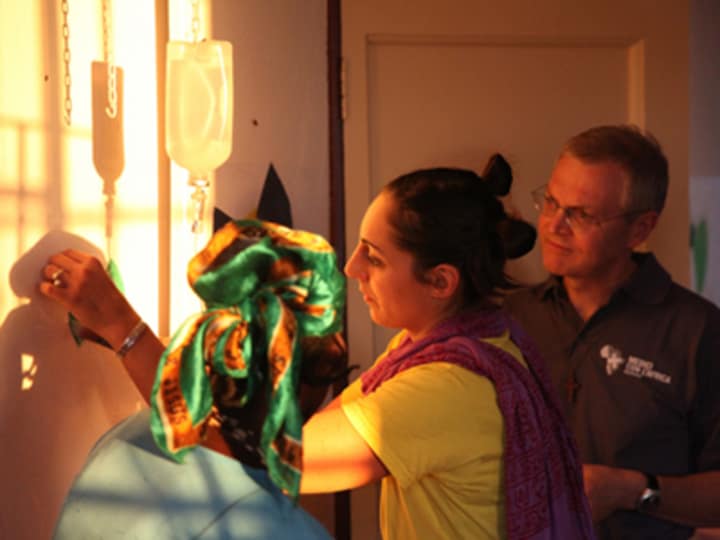
If you’re an Italian NGO and you want to hire a consultant, the rules have changed, and this is what you need to know.
All aid organizations that seek to employ consultants, technical experts and other personnel to achieve a specific objective within a specific project, for example to conduct research, must use from now on the same contract type, according to a binding agreement signed with the country’s trade unions.
READ: Trade union agreement shakes up Italian NGOs
Unlike in the past, the new contract model is results-oriented: Aid professionals can set their own schedules and work with a certain degree of independence from the employer. Project contracts will also be prohibited from employing staff that execute so-called “repetitive” tasks — this means that accountants, secretaries or representatives can only be hired on a fixed-term contracts.
Project contracts are regulated by the Italian general labor law, but also by binding agreements between trade unions and NGOs. The last such pact entered into force on 31st of July 2013 came into effect on July 31 and was endorsed by the Association of Italian NGOs and Link 2007, which together represent more than 250 of the country’s nongovernmental organizations organizations.
The agreement not only specifies when a project contract has to be adopted, but also establishes minimum wages, terms of payment, mandatory insurances, leave and other provisions.
Functional groups
Contract staff salaries depend on the functional group in which the employees are placed according to the objective to be achieved and the nature of the work.
Group 1 – Design of intervention strategies. Programming, relations with donors and public institutions, developing country programs, identifying intervention priorities and partnerships, auditing, monitoring, security planning.
Group 2 – Implementation. Activities that imply any type of liaison with Italian, local or international donors and public institutions.
Group 3 – Program implementation. Training of local staff, setting up a vaccination campaign or a plan to build wells.
Group 4 – Start–up activities. Research, producing documents and manuals.
Salaries
The agreement sets minimum gross wages for each functional group, from which income taxes and contributions to the compulsory pension scheme must be deducted.
For each functional group, the amounts are aligned according to the national contracts NGOs adopt for permanent staff. These salaries are are for one-year contracts, and would need to be adjusted for shorter and longer commitments.
Taxes and contributions represent about the 35 percent of the gross salary, but aid professionals abroad only pay taxes on a “figurative salary” established each year by the Italian Ministry of Labor. This means that if the figurative salary is €1,300, the worker pays taxes on that amount even if he earns more. NGO contract staff get an annual salary increase of 1.5 percent.
Other provisions
Terms of payment. These aid professionals don’t get paid if they don’t meet their goals. An advance on the salary can be paid on the 7th day of each month in Italy and the 15th day abroad, while the remainder must be disbursed within 120 days of the termination.
Working hours. Consultants and technical assistants are not expected to work regular working hours. They have freedom to decide how they want to organise their schedule, in coordination with the NGO, as what matters is the final result.
Leave. Contract staff get 30 days of leave for every one-year contract. Shorter assignments have the leave prorated, unless they are under four months, which entitles to no leave at all.
Exclusivity. They can work for different organizations, but not in the same areas, and the NGOs cannot be competitors. If they require a statement of exclusivity, the aid professional receives an allowance of 5 percent of his annual gross salary.
Pensions. In addition to the contribution to the national pension system, NGOs must contribute a maximum of €200 per year to a separate pension scheme.
Insurance. Contract staff abroad must be insured against death, invalidity, illness, lawsuits and civil liability. The agreement to not sets details. It’s up to the NGO what kind of insurance offer.
Outsourcing. Fundraisers cannot be hired with a project contract. When NGOs outsource those activities, they have to include in the outsourcing contracts provisions to ensure that the contractor complies with that rule.
Read more development aid news online, and subscribe to The Development Newswire to receive top international development headlines from the world’s leading donors, news sources and opinion leaders — emailed to you FREE every business day.


